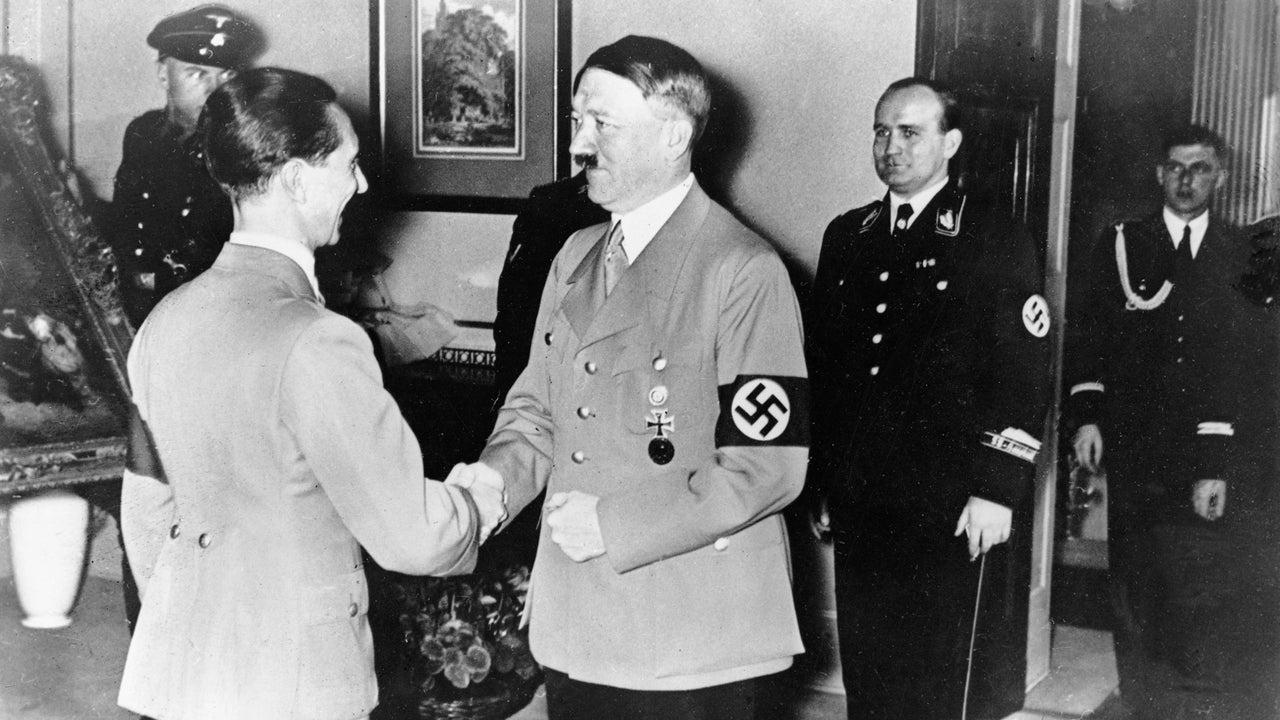JOSEE ASTONIO HUGA HUGA: "The combination of quantum technology and AI will open the field of large-scale housing."
José Antonio Hurga: "The combination of quantum technology and AI opens up enormous possibilities"
Deeply connected, with whom he received a diploma in Informatics Systems and then graduated as a Computer Engineer at the Faculty of Informatics, José Antonio Huerga is an example of commitment and leadership.Passionate about sports, nature and good times with friends, he admits that his biggest personal motivation and balance in life is his family.From a close and honest perspective, unity and solidarity are essential virtues, and rejects lies in any form, believing that trust is the basis of all human and professional relationships.José Antonio is currently leading a strategic project to drive the School's digital transformation, with a vision that focuses on innovation and continuous improvement.A challenge that, beyond technology and user experience, also seeks to lead a strategic project to strengthen data, through technology and management experience.
Question (P): He is the Director of Computer Service Centers.Briefly explain the functions of this department.
Answer (R): IT Service is the department responsible for the design, maintenance and management of the entire technical infrastructure of the University.
Among our main functions are the administration of computer systems and networks, providing technical support to all users, as well as to PQGA and students.We are also responsible for managing institutional email, learning platforms, databases and enterprise software developed by our department.We also manage systems related to academic administration, ensuring that all software and related services are working properly and are always available.Our main goal is to ensure that technology is an effective tool at the service of scientific research and university administration.
(P): In addition to dealing with the day-to-day incidents of university staff (errors in Moodle, network outages, problems with e-mail, etc.), CSI is also responsible for the development of computer applications and systems.What projects are you currently working on and what are you planning for the future?
(A): Currently, we are completing the installation of all the technical infrastructure in the new building in Sanchez Ruperez, Germany and we are also working on the reorganization of the Department of Psychology.
At the same time, we continue to develop and maintain the applications implemented so far.Among the projects planned for the course, the update of the online registration system, the transition of the virtual campus to a more modern technological environment and the creation of its own storage platform (institutional drive) are different.
In terms of security, we still need to make adjustments to the university's authentication system, aiming to improve the validity and reliability of the solutions implemented so far.
(P): At presentWithout computers and without computers in the broadest sense.We won't be able to work.Able to carry out administrative procedures, communication, etc. You think there is too much dependency.which may cause people"Useless" without more or less simple computer management?
(A): It is true that computing and technology are now present in all spheres of life: working, studying, communicating or doing any process or using connected devices or devices.In that sense, there is a dependence on technology.
However, I do not believe that this makes us "useless", but instead presents us with the challenge of adaptation.Technology should be understood as a tool that enhances capabilities, not change.The real danger comes when we stop understanding how to use work or when we depend on automation without preserving the human knowledge base.
For this reason, I believe it is necessary to develop digital skills and encourage critical thinking so that technology always serves people, not the other way around.
(P): Cyber attacks are common in all kinds of institutions.What can your referring department do to prevent them from happening, or what to do if they end up in the agency's computer system?
(A): Cyber attacks are unfortunately an increasingly frequent reality, and no organization is immune to risk.In our department, we work above all with prevention, which is the most effective tool.
To do this, they update systems, such as fire extinguishing systems and filling systems, and make regular backups.In addition, since many incidents occur, the importance and training of our staff, such as opening suspicious emails or using insecure passwords.On the other hand, we have professional support from companies dedicated to Scholastic preachers.
If an intrusion or security incident is detected, a response protocol is activated, which includes immediate isolation of the affected computer, a forensic analysis of the attack, and restoration of services from backups.We are cooperating with the relevant organizations and reviewing the measures taken to prevent recurrence.
Ultimately, the key is a combination of technology, training and clear procedures for prevention, detection and emergency response.
(Q): Is an organization really vulnerable to what appears to be fraudulent data access?
(A): Every organization is prone to data access corruption due to lack of complete security.However, what matters is the level of protection and preparation in place to minimize the risks and quickly respond to any attempted interference.
In our case, we are constantly working on strengthening security measures, updating systems and applying appropriate access policies.So yes, an institution can be vulnerable, but if there is a good cyber security strategy, clear protocols for action and a culture of prevention, the impact of any attack will be greatly reduced.
.CPU Incussi is common, this year in Spain we can go through the grid structure in a few hours.In your department, this is the last day at that time how to get on the computer?
(A): First of all, patience is required.Therefore, we have an experienced team that knows how to handle these types of situations.We have an equipment plan that allows us to respond effectively and in some cases we have backup technology that guarantees the operation of certain systems.
For example, if the power grid fails, we can provide electricity temporarily with batteries and generators, although always for a limited time.Internet outages, on the other hand, are more difficult to solve because they are usually caused by damage to the optical fibers that connect us to the RedIRIS academic network that connects all Spanish universities.Fortunately, such incidents are rare throughout the year, but when they do occur, it is necessary to work closely with those responsible for the network to restore service as quickly as possible.
(P): He studied computer engineering at UPSA.What is your motivation for studying at university?And which aspect of college do you value most?
(A): My computer science studies started in Leone, where the university has an attached center.I started studying at the Pontifical University there.I later moved to Salamanca to continue my studies and have remained here ever since, both academically and professionally associated with the institution.
From that level, I show the quality of good technical education, which is given to the teaching staff, and the proximity to the teaching staff, and the proximity to the teaching staff, and should be willing to guide and encourage the students.This measure is easy to use and is undoubtedly one of the University's best values.
Another aspect that I consider fundamental is the technological infrastructure of the classrooms and laboratories, an element that has always stood out for its quality and modernity and facilitates practical teaching with the needs of the professional world.
Overall, this stage was crucial in my academic and personal development and marked the beginning of my vocation in the world of computer science.
(P): Where do you think the new trends in IT are headed, outside of AI?
(Right): I believe that artificial intelligence not only represents the future, but is already part of the present.I've always been interested in science fiction, and in a way, AI is the science fiction of twenty years ago that became reality.
However, we must be careful.It's important to stay in control and ensure that technology always serves people, not the other way around.Artificial intelligence is very important, but it must be used judiciously and responsibly.
As a new trend, I believe quetum computing will mark the next technological breakthrough.It has a long way to go, but when it matures, the combination of technology with natural intelligence can unlock vast knowledge.








